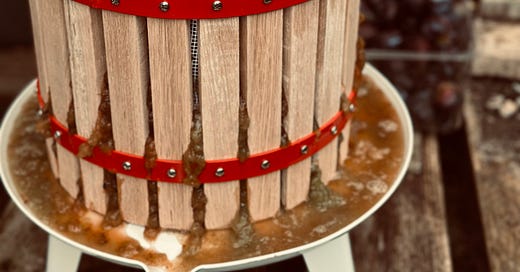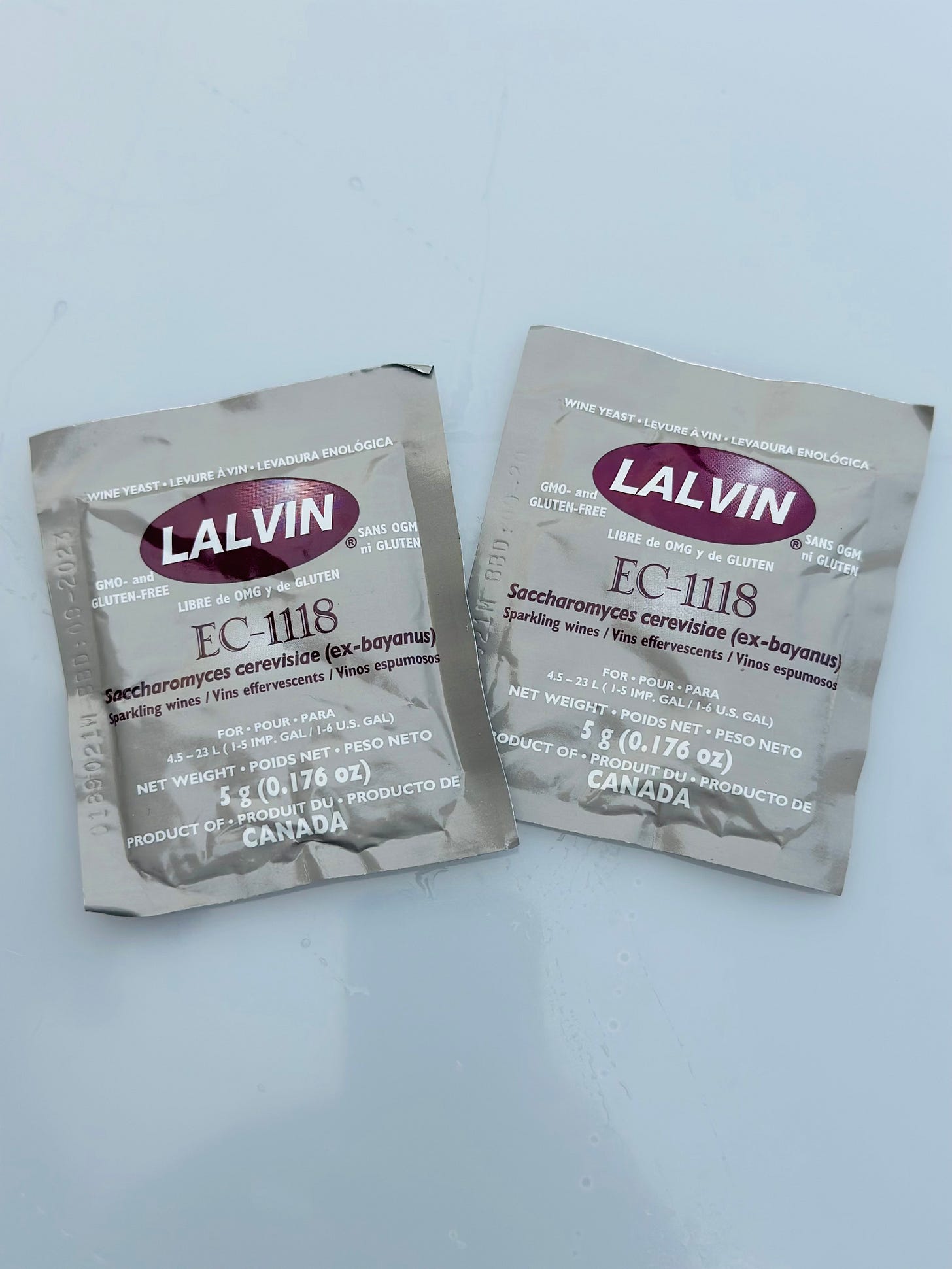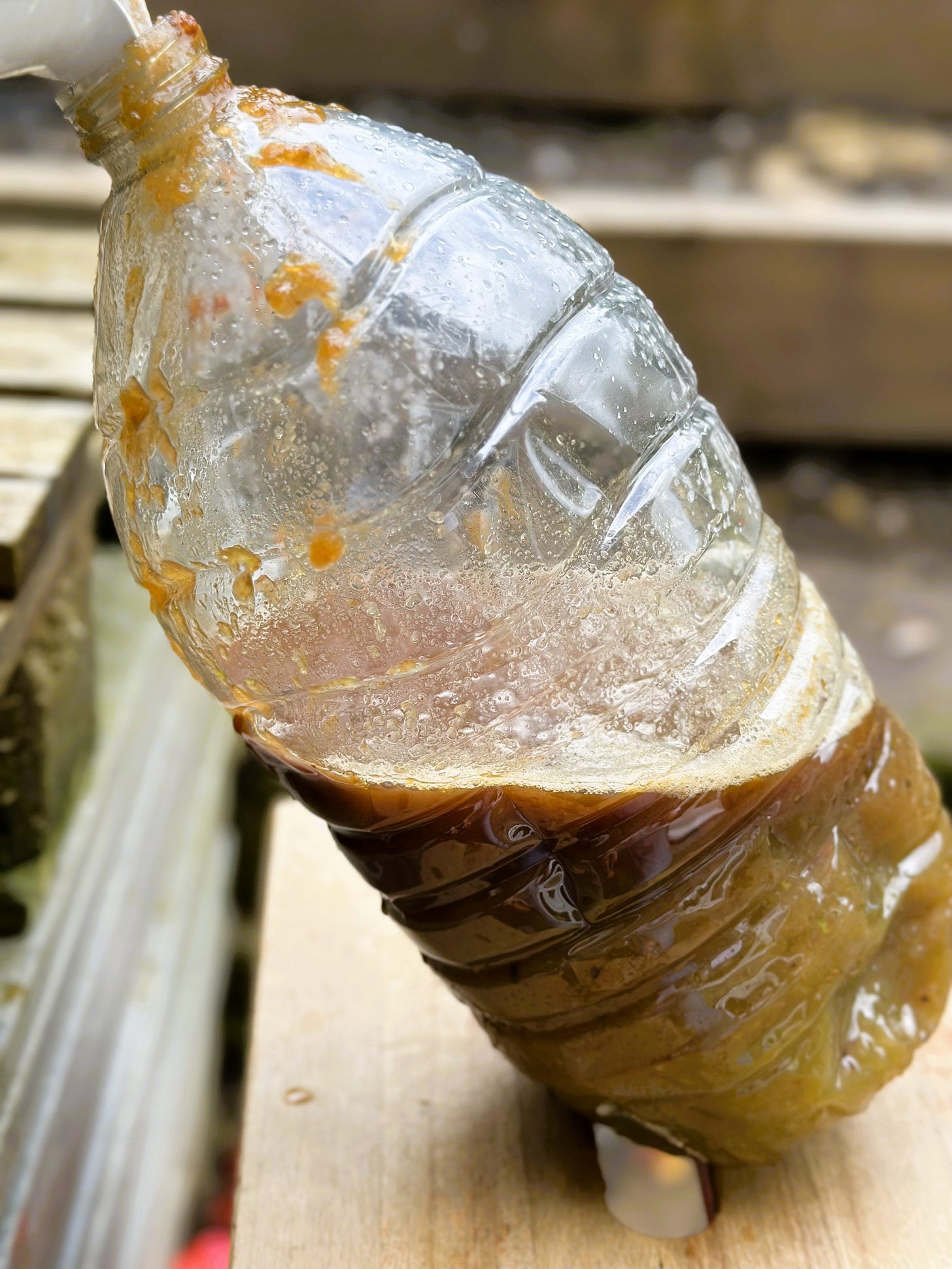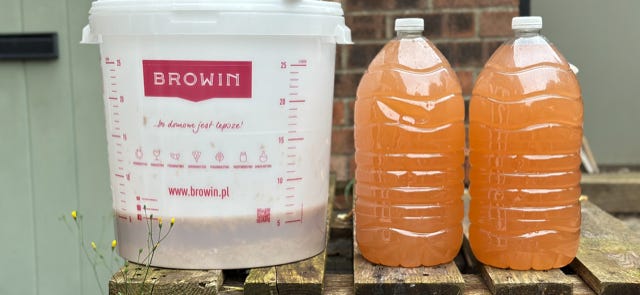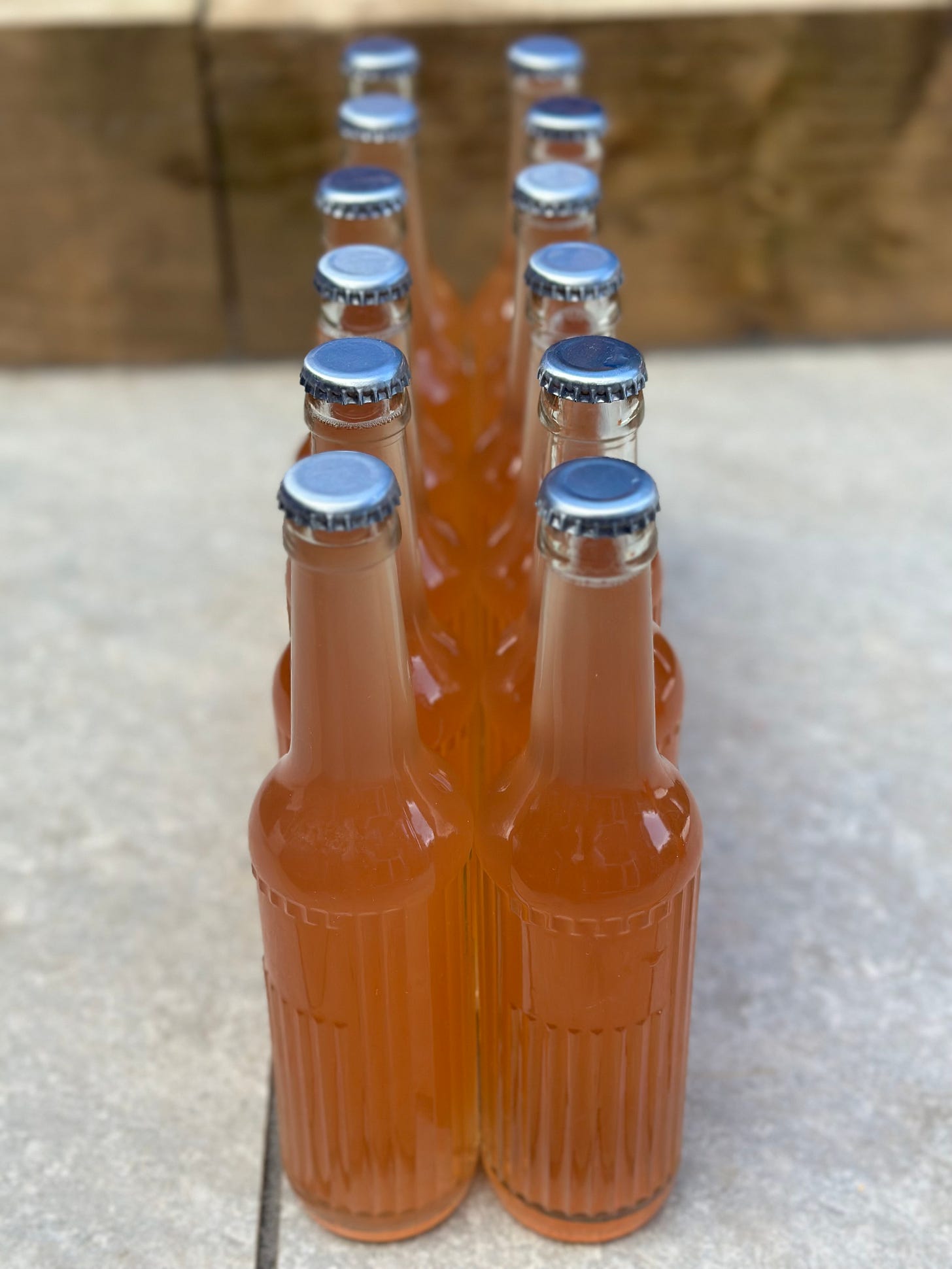It has been raining for three days straight, beating out a rhythm only my emotions understand.
It is so beautiful here.
So beautiful that I am slowly starting to appreciate why under the dense canopy of a nimbus is where all of creation begins…
Water is the essence of life itself, but without the soil, the fruit will never grow.
Northern Portugal…
Portugal has become to me what Tangier was to Burroughs.
The beating pulse of a world that once was, where the past defends the future so furiously that tradition and culture will never be inflicted upon like the ills of our ever-changing world.
I feel a deep connection with this land battered by the Atlantic, you can hear the ocean from where I lay my head and you can taste the salt in the wine that helps me sleep.
Agriculture fascinates me, growing something from seed, and raising the plant that will eventually be consumed for vigour and vitality is the primitive essence of a life worth living.
The future of life.
The Paysan life…
I guess this is why coffee has resonated with me so strongly.
a complex fruit farmed within a geopolitical landscape.
A crop that brings so much joy to a world that many will unfortunately never get the chance to dine in.
I am becoming increasingly aware that the majority of us will never truly understand the rhetoric we frivolously throw into the social web of disorder and this is a damn shame.
This is the way of the commodity after all.
Walk a mile in their shoes and your feet will get sore, spend a life in their shoes and you earn the right to talk on their behalf.
I joke that this has been the longest but quickest year of my 40 years on this planet. I feel like I have arrived at a destination that deserves the devotion of the next 40 if I am lucky enough.
My obsession with Yeast and all of its intricacies feels like a discovery, but the art of turning carbohydrates into delicious things through the process of fermentation is an eternal legacy…
And making booze is an inevitability.
To some, it is the buzz they love but will never really understand, to others, it is the only way that one can truly capture the essence of past and place and store it in a bottle.
This was my hook, tasting the past in a glass is a noble quest for a nostalgic boy and is something that coffee, unfortunately, lacks. So my journey into the realm of winemaking was always going to happen and it has become the perfect place to search for answers.
As I delve further into the world of fermentation my views become more conflicted.
My journey into the art of oenology feels like a necessary diversion.
Can I really learn something from Winemaking?
Does coffee processing need the aid of commercial yeast?
Why am I rooting for the world of natural wine?
What is the real business of specialty coffee?
Is terroir really a sense of place?
Did Dom Pérignon perfect the double ferment?
More questions to work through but I am starting to realise:
Shit takes time!!!
As I uncover and compile the results of the Rwandan yeast project trends are emerging from early analysis, the trend of a positive sensorial uplift from what would be deemed inferior quality.
Cherries that float, young cherries, cherries that have formed only one seed, cherries that have become food for the micro-organisms and life that you typically find in a sub-tropical climate.
Granted the good cherries tasted excellent, it is Rwandan coffee after all.
And Rwandan coffee is awesome…
what is interesting though is that the inferior coffee inoculated with yeast has almost removed any signs of the off flavours that can so often arise from processing second-class cherries and these results are more fascinating to me than the good stuff.
The more I scratch the surface of why the use of commercial yeast has been so heavily adopted by the wine industry the more I start to realise that it is all about control.
Consistency is critical if you want to produce something at scale. Wine and coffee are big business, I have always known that sustainable scale comes from producing consistent quality in your output, the micro lots might gain you some admirers but this won’t keep the lights on for long.
Maybe there is a use case for using yeast strains that provide a more efficient way to produce consistent quality at scale, and through this, there might come an opportunity to single out some of these strains to produce a more sensorial outcome (if resources permit), but doing this at such a small scale might be fun but the fun doesn’t pay the bills, and let’s face it, what drives demand in the Global North doesn’t necessarily provide success is the Global South…
This is something I will always have in the back of my mind and something that will influence my decisions in the future.
Producing this Wine took time, and although the point is not to detail the wine-making process in this article - it did help provide me with some small answers.
It was hard work but I already knew this…
Selecting the fruit, pulping the plums and making the juice was an arduous task that took a lot longer than expected. It was an honest day’s work.
Deciding what was good and what was bad was conflicting.
The main aim was to ferment half of the juice with yeast and half without and document the process over time.
I used Champagne yeast (EC-1118) to inoculate the first batch and I added a little bit of skin to macerate in the Natural second batch. (more on champagne yeast will come)
Fermentation kicked off pretty quickly in the inoculated batch and took well over a week for the second batch to see a bubble. Both batches were kept at a consistent temperature above 20°C for the first phase of fermentation.
I did add some honey to both batches as a primer for secondary fermentation and to add some nutrients to stimulate the yeast.
I wanted to produce a young wine with low alcohol and with a little fizz. This took me 5 weeks to achieve and the results in the glass are very interesting. Age will help, I think!!!
25kg of plums produced 10 litres of juice.
EC-1118 = 14% ABV
Natural = 6% ABV
You might be surprised by the wine that gained the most fans for flavour…
I will write about this later.
As winter starts to set in and I start to plan for the year ahead I have decided to try and write with more freedom, I will always champion coffees of outstanding quality but I am falling in love with coffee all over again.
My appreciation is becoming deeper for the complexities of coffee production and my enjoyment is more about discovering why a coffee tastes the way it does, instead of dismissing it for what it doesn’t.
This feels like a turning point in the search for my place in this industry.
I am getting older after all…
And to that, I will raise a glass of the Plum.
Burts


